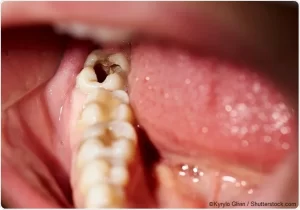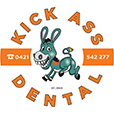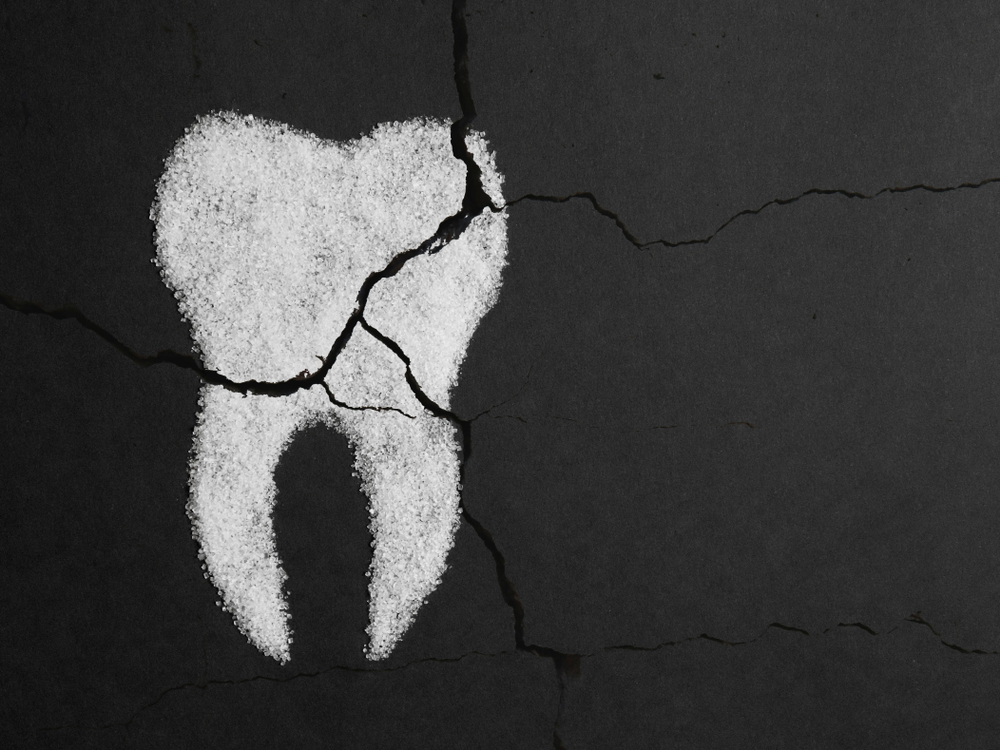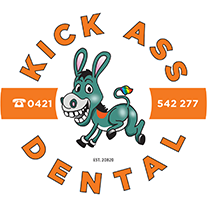Four Signs of Tooth Decay: Recognizing and Addressing Dental Issues
Introduction
Tooth decay is a common dental problem that affects people of all ages. It occurs when bacteria in the mouth produce acids that erode the protective layer of the teeth, leading to cavities and other oral health issues. Identifying the signs of tooth decay early on can help prevent further damage and the need for extensive dental treatments. In this article, we will explore four key signs of tooth decay that you should be aware of and provide insights on how to address these dental concerns effectively.
1. Tooth Sensitivity
One of the initial signs of tooth decay is increased sensitivity to hot or cold food and beverages. If you find yourself wincing or experiencing discomfort when consuming something hot or cold, it may indicate tooth decay. This sensitivity occurs when the tooth enamel becomes weakened or eroded, exposing the underlying dentin layer, which contains nerve endings. The exposed dentin reacts to temperature changes, leading to sensations of pain or sensitivity.
If you notice tooth sensitivity, it is crucial to consult a dentist promptly. They can assess the condition of your teeth and recommend suitable treatments, such as fluoride varnishes or desensitizing toothpaste. Additionally, they may suggest avoiding acidic foods and beverages that can further damage the enamel and exacerbate tooth sensitivity.

2. Tooth Discoloration
Another sign of tooth decay is the presence of discoloration on the teeth. Initially, small white spots may appear on the enamel, indicating the early stages of demineralization. As the decay progresses, these spots may turn brown or black, suggesting deeper cavities or enamel breakdown.
Discoloration caused by tooth decay is typically localized around the affected area and may be accompanied by rough or uneven texture. If you notice any changes in the color or texture of your teeth, it is crucial to seek dental attention. Dentists can diagnose the extent of the decay through visual examination, X-rays, or other diagnostic techniques. Treatment options may include dental fillings, crowns, or root canal therapy, depending on the severity of the decay.
3. Persistent Bad Breath
Persistent bad breath, also known as halitosis, can be an indication of underlying dental issues, including tooth decay. The bacteria that cause tooth decay release foul-smelling byproducts, resulting in an unpleasant odor from the mouth. If your bad breath persists despite maintaining good oral hygiene practices, it is essential to consider tooth decay as a potential cause.
Regular brushing, flossing, and tongue cleaning can help combat bad breath caused by bacteria. However, these measures may not be sufficient to address the underlying dental problem. Seeking professional dental care is crucial to identify the cause of bad breath and develop a suitable treatment plan. Dentists can perform a thorough examination and recommend treatments such as dental cleanings, cavity fillings, or periodontal therapy to resolve the issue.
4. Visible Holes or Pits in Teeth
The presence of visible holes or pits in the teeth is a clear sign of tooth decay. As the bacteria erode the enamel, cavities or caries form, creating voids in the tooth structure. These holes may be accompanied by pain or sensitivity, especially when consuming sugary or acidic foods.
If you notice visible holes or pits in your teeth, it is crucial to schedule a dental appointment as soon as possible. Dentists can assess the severity of the cavities and recommend appropriate treatments. Depending on the size and location of the cavities, options may include dental fillings, inlays, onlays, or dental crowns. Timely intervention can prevent further decay and potential complications such as tooth infections or abscesses.
Conclusion
Recognizing the signs of tooth decay is vital for maintaining optimal oral health. Early detection and treatment can prevent the progression of decay, reduce the need for extensive dental procedures, and help preserve your natural teeth. If you experience tooth sensitivity, discoloration, persistent bad breath, or visible holes in your teeth, it is crucial to seek professional dental care promptly. For tooth decay treatment see here.

Remember, prevention is key in avoiding tooth decay. Practice good oral hygiene by brushing your teeth twice a day, flossing regularly, and using fluoride-based toothpaste. Limit your intake of sugary and acidic foods and beverages, and visit your dentist for regular check-ups and cleanings.
By staying vigilant and addressing tooth decay at its earliest stages, you can ensure a healthy and beautiful smile for years to come. Don’t wait until the signs worsen—take proactive steps to protect your teeth and maintain excellent oral health.





